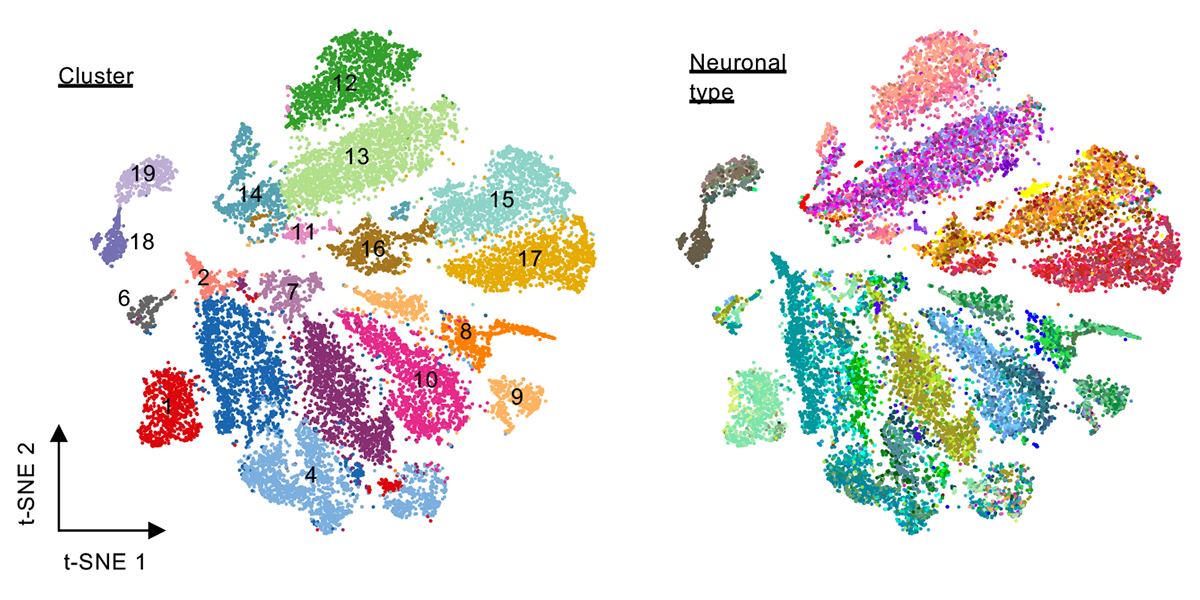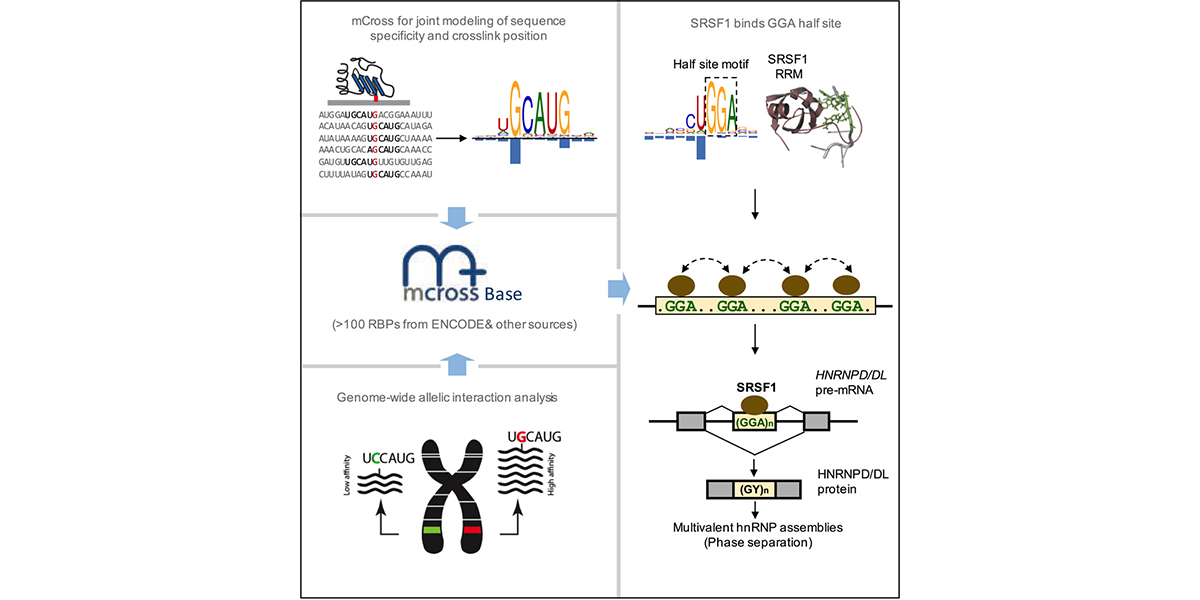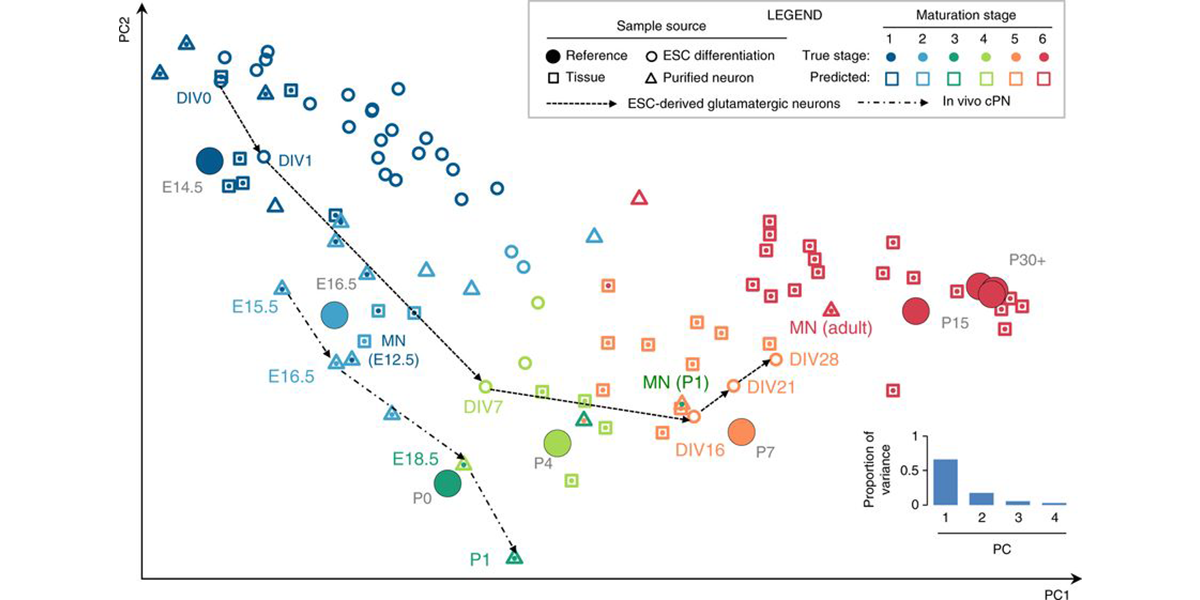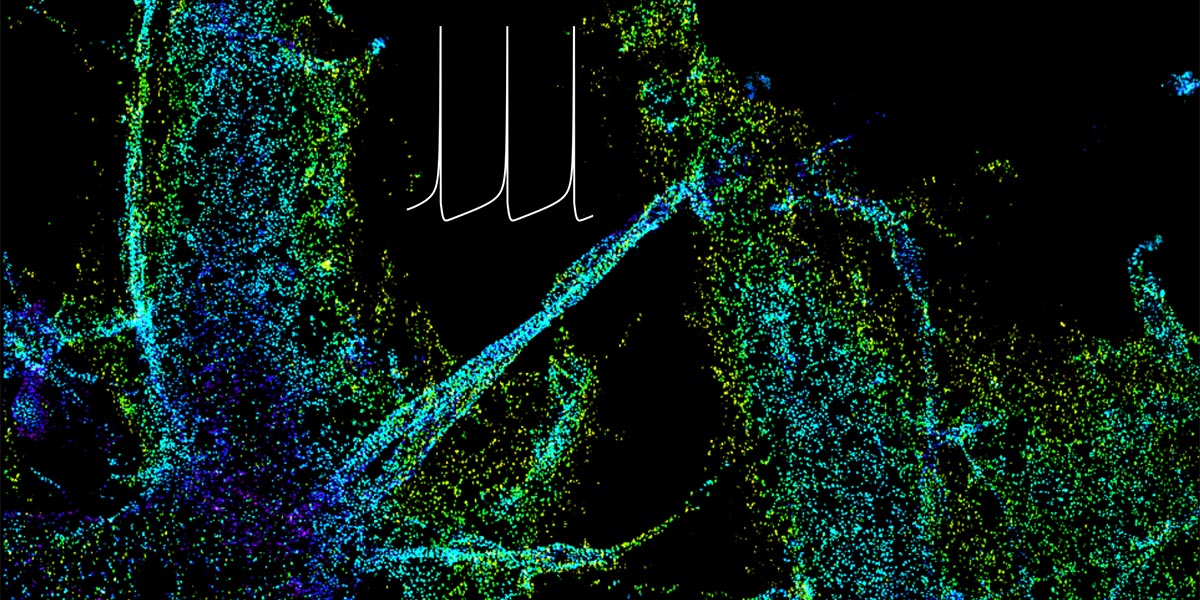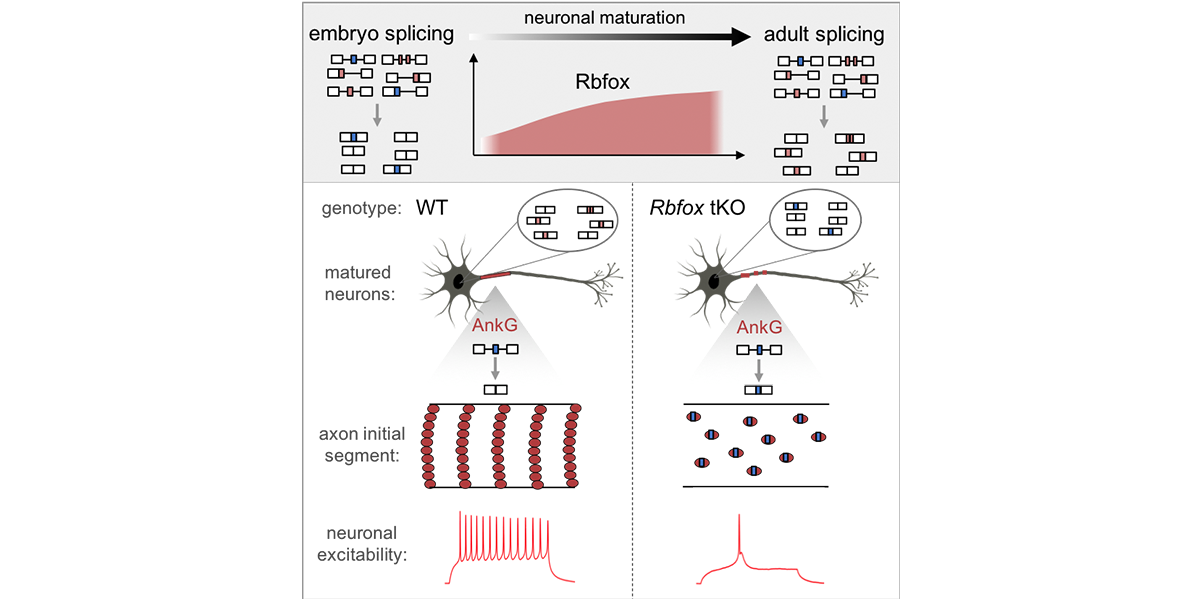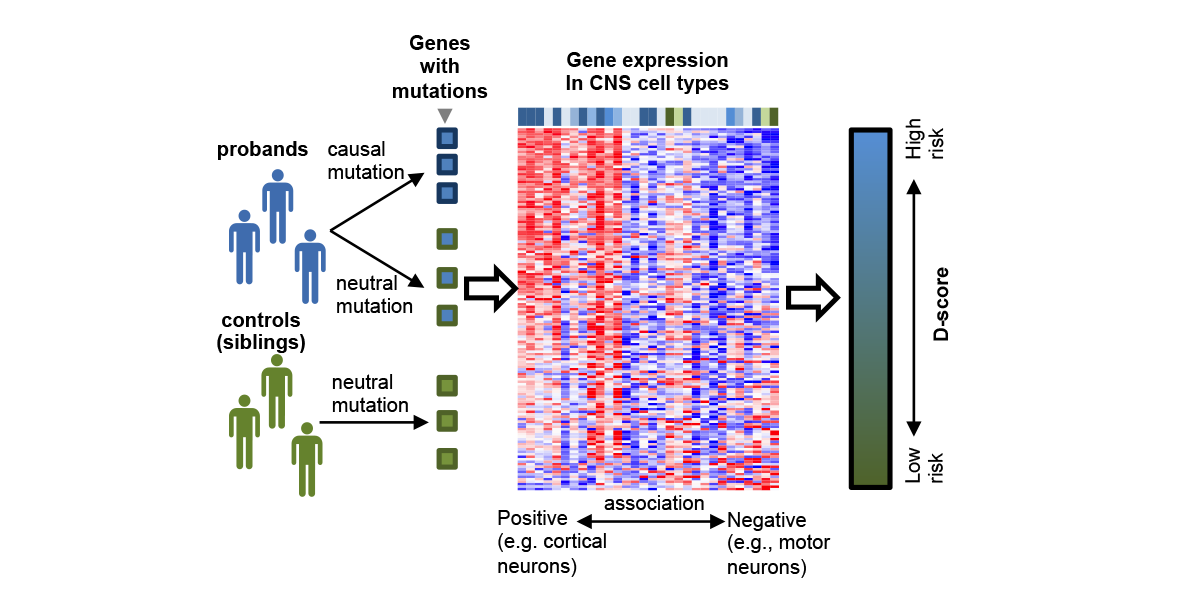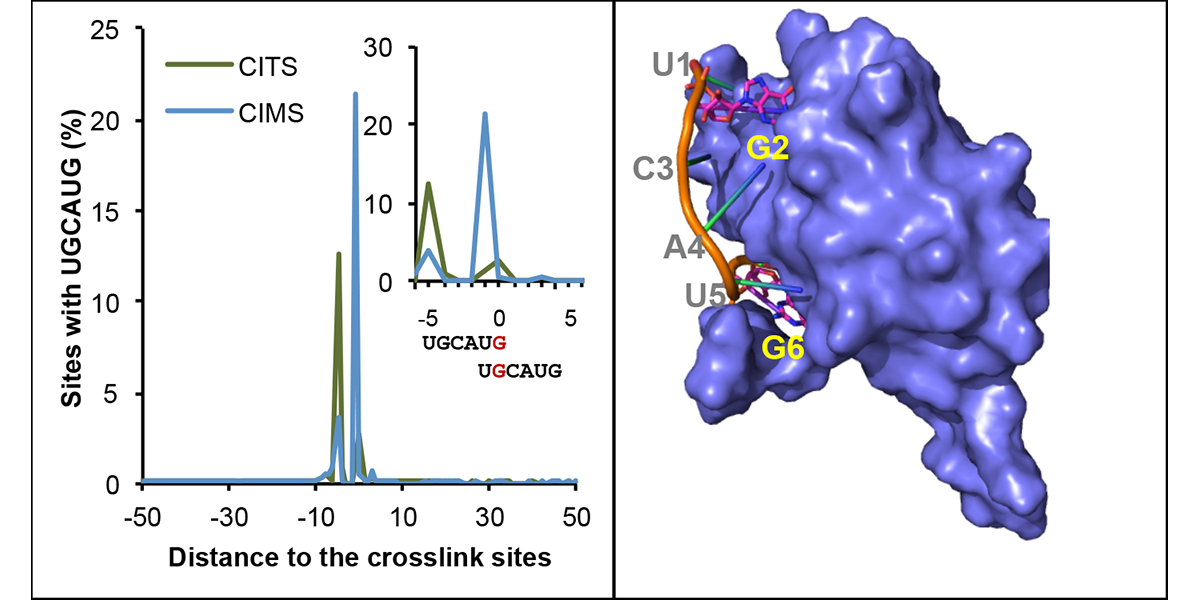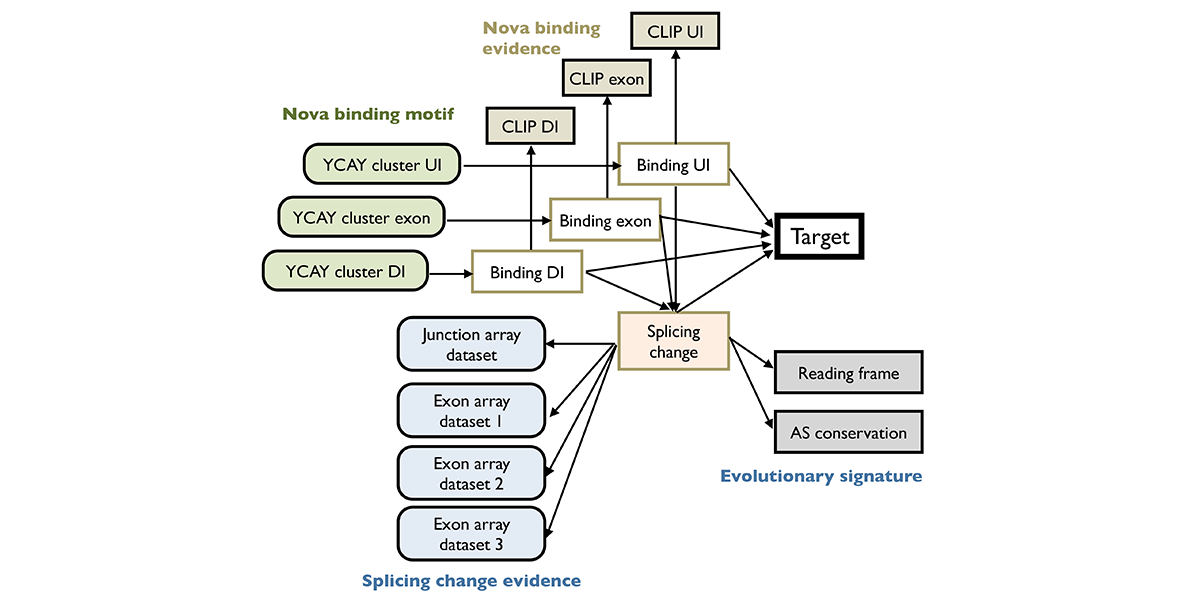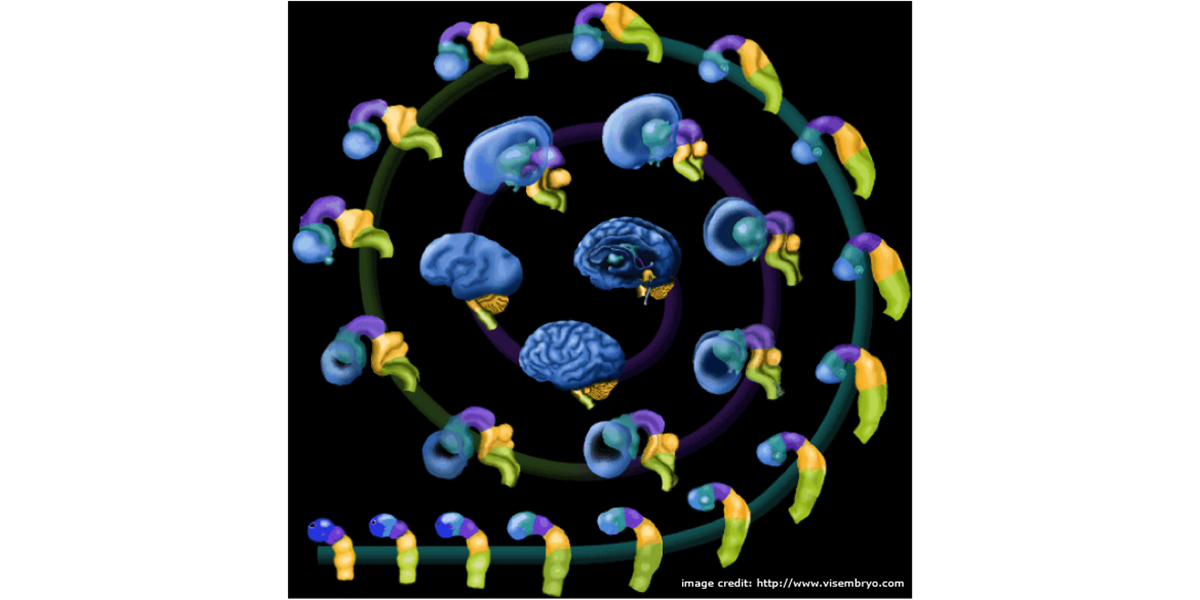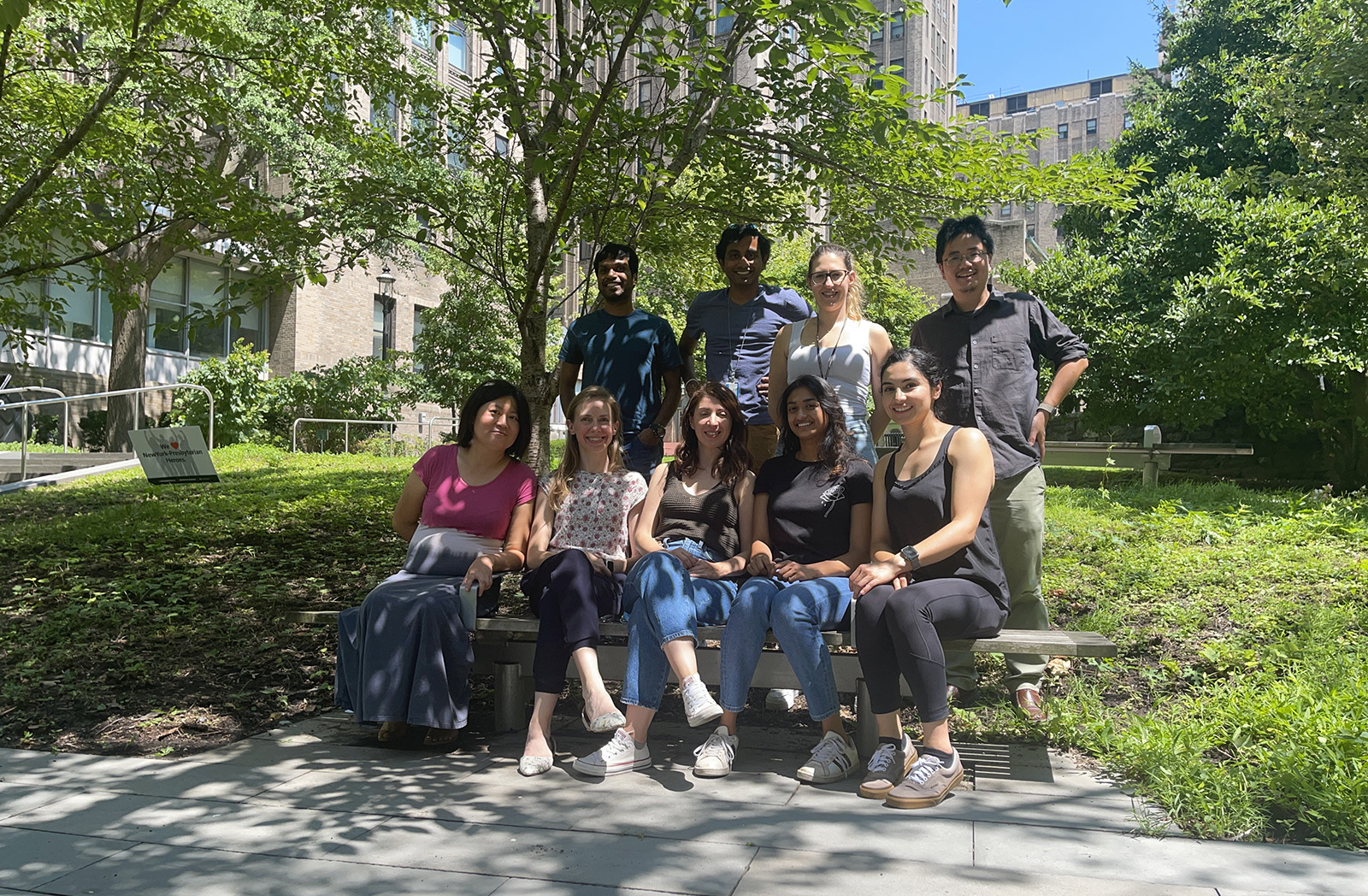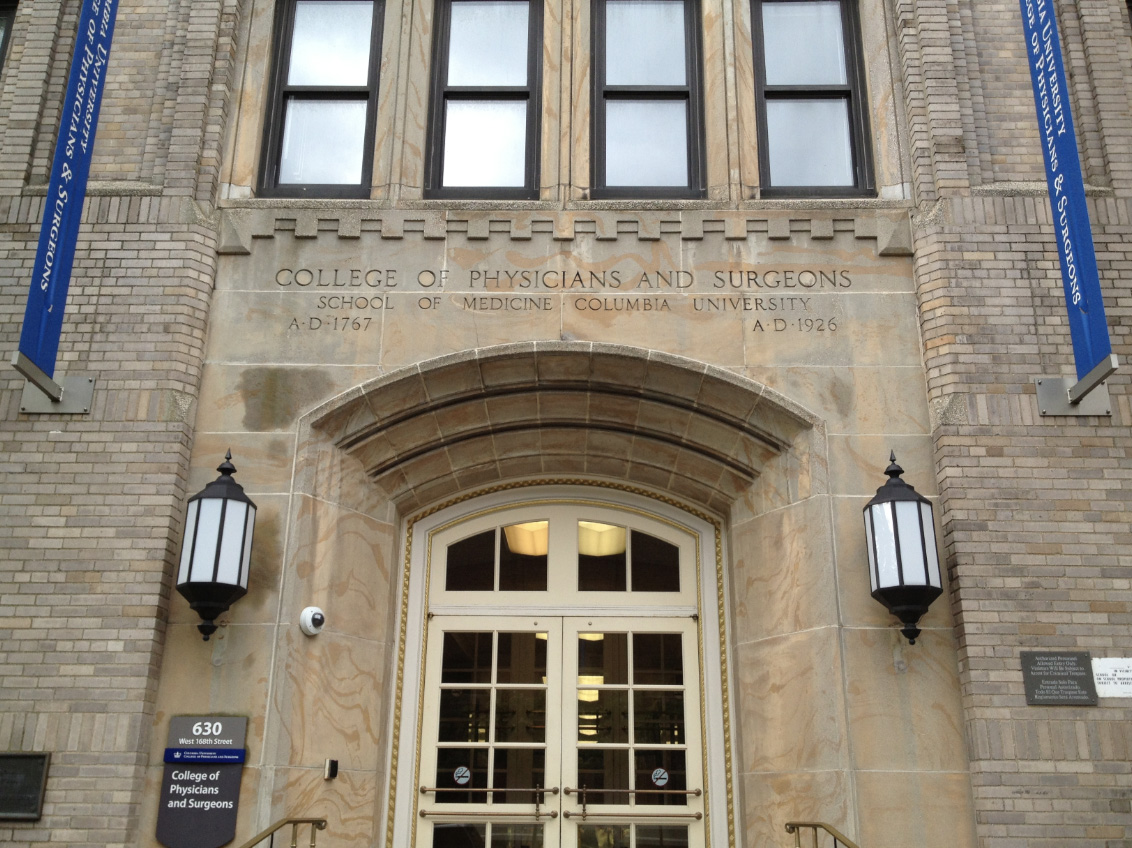Difference between revisions of "Main Page"
From Zhang Laboratory
| Line 196: | Line 196: | ||
| | | | ||
<div style="text-align:center"> | <div style="text-align:center"> | ||
| − | Columbia University Irving Medical Center (image credit: [http://www.pinterest.com/pin/columbia-university-medical-center-partially-manhatten-nyc--619385754984816311/ internet] | + | Columbia University Irving Medical Center (image credit: [http://www.pinterest.com/pin/columbia-university-medical-center-partially-manhatten-nyc--619385754984816311/ internet]) |
</div> | </div> | ||
| | | | ||
Revision as of 15:25, 22 December 2022
Introduction of the Zhang Laboratory
We are part of the Department of Systems Biology, the Department of Biochemistry and Molecular Biophysics, and the Motor Neuron Center at Columbia University Medical Center.
We are fascinated by the complexity of the mammalian nervous system and its underlying molecular mechanisms. While mammals have a similar number of genes compared to phenotypically simpler organisms (such as worms), one apparent feature of mammalian genes is their more complicated gene structures, providing an opportunity for sophisticated regulation at the RNA level.
The focus of the Zhang lab is to dissect RNA regulatory networks in the nervous system as a way to understand the mammalian complexity manifested in evolutionary-developmental (evo-devo) processes and in several neuronal disorders. The lab has a mixed dry and wet setup, and takes a multidisciplinary approach that tightly integrates high-throughput biochemistry, genomics and computational approaches applied to mouse models and in vitro neuronal differentiation systems from pluripotent stem cells. On the mechanistic side, the Zhang lab focuses on fundamental understanding of the targeting specificity of RNA-binding proteins (RBPs), how they regulate alternative splicing in various cellular contexts, especially in the nervous system, and how such regulation can be disrupted by mutations and genetic variations. On the functional side, the lab aims to uncover the roles of RBPs in determining the neuronal cell fate, morphological and functional properties during neural differentiation and maturation. The lab has also been working on translating fundamental knowledge on RNA regulation to precision genetic medicine, with a particular focus on multiple devastating monogenic diseases affecting the central nervous system.
Lab News
|
>>> all lab news
|
Where We Are
|
|
|
|
Columbia University Irving Medical Center (image credit: internet) |
Washington Height (image credit: @KellyrKopp/twitter) |


